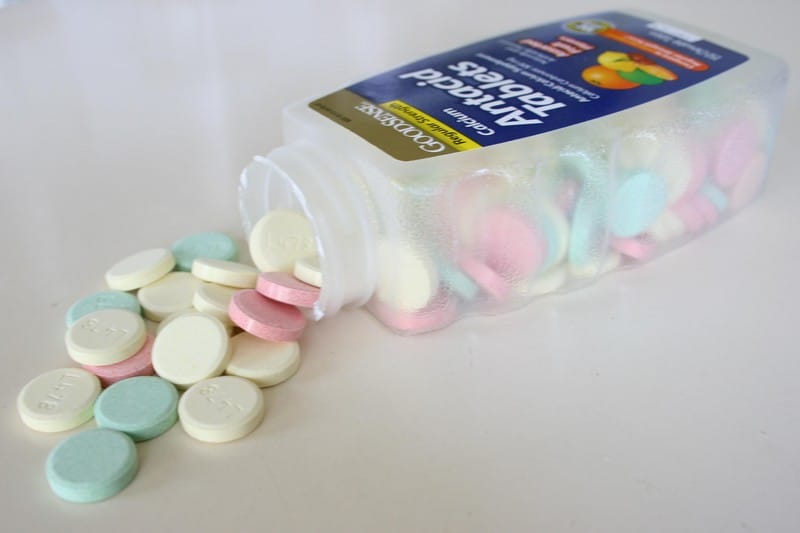Everyone eventually suffers from indigestion, also known as dyspepsia, a health detriment that produces pain in the upper part of the belly. Nutritional components, like spicy food, coffee, and acidic meals, can irritate the stomach, leading to indigestion. Moreover, indigestion can be caused by lifestyle decisions like smoking and drinking alcohol.
In addition, some anatomical and physiological conditions can also cause indigestion. Among those are hiatal hernias, lower esophageal sphincter dysfunction, achalasia, difficulty with gastric and bowel motility, pancreatic insufficiency, and liver and gallbladder illness. Indigestion may also result from stomach infections like Helicobacter pylori infections.
People frequently have indigestion, which causes them to feel full even after not eating anything. It has an impact on the body, and when stomach acid travels back into the esophagus, indigestion results. It might also result from an irritated or swollen stomach.
Left untreated, it can result in severe discomforts such as heaviness, pain, fullness, and even nausea. In addition, patients shouldn’t rely solely on drugs because they could not be particularly effective over the long term.
Antacids

An antacid is a medication used to treat heartburn, indigestion, or upset stomach by neutralizing stomach acid. Some antacids have been used to treat diarrhea and constipation. Marketed antacids include sodium, calcium, magnesium, or aluminum salts. Some preparations—like those that contain magnesium carbonate and aluminum hydroxide—combine two salts.
The main symptom of gastroesophageal reflux disease and indigestion, periodic heartburn, can be immediately relieved with antacids. These medicines are accessible over the counter and can be taken orally. However, antacids should only be used as a symptomatic treatment for minimal complaints.
Antacids are also alternatives for constipation, diarrhea, hyperphosphatemia, and urinary alkalinization. Several antacids are used with pancreatic enzyme replacement treatment when trying to cure pancreatic insufficiency.
The most popular method of treating indigestion pain immediately is with over-the-counter antacids. Patients can use antacids to relieve the discomfort of indigestion brought on by too much stomach acid because they help raise the pH of the stomach.
Antacid drugs often work well for treating heartburn, acid reflux, upper GI pain, gas, and bloating. These are the first-line suggestions for the majority of dyspepsia conditions. Calcium carbonate, loperamide, simethicone, and sodium bicarbonate are common antacids.










